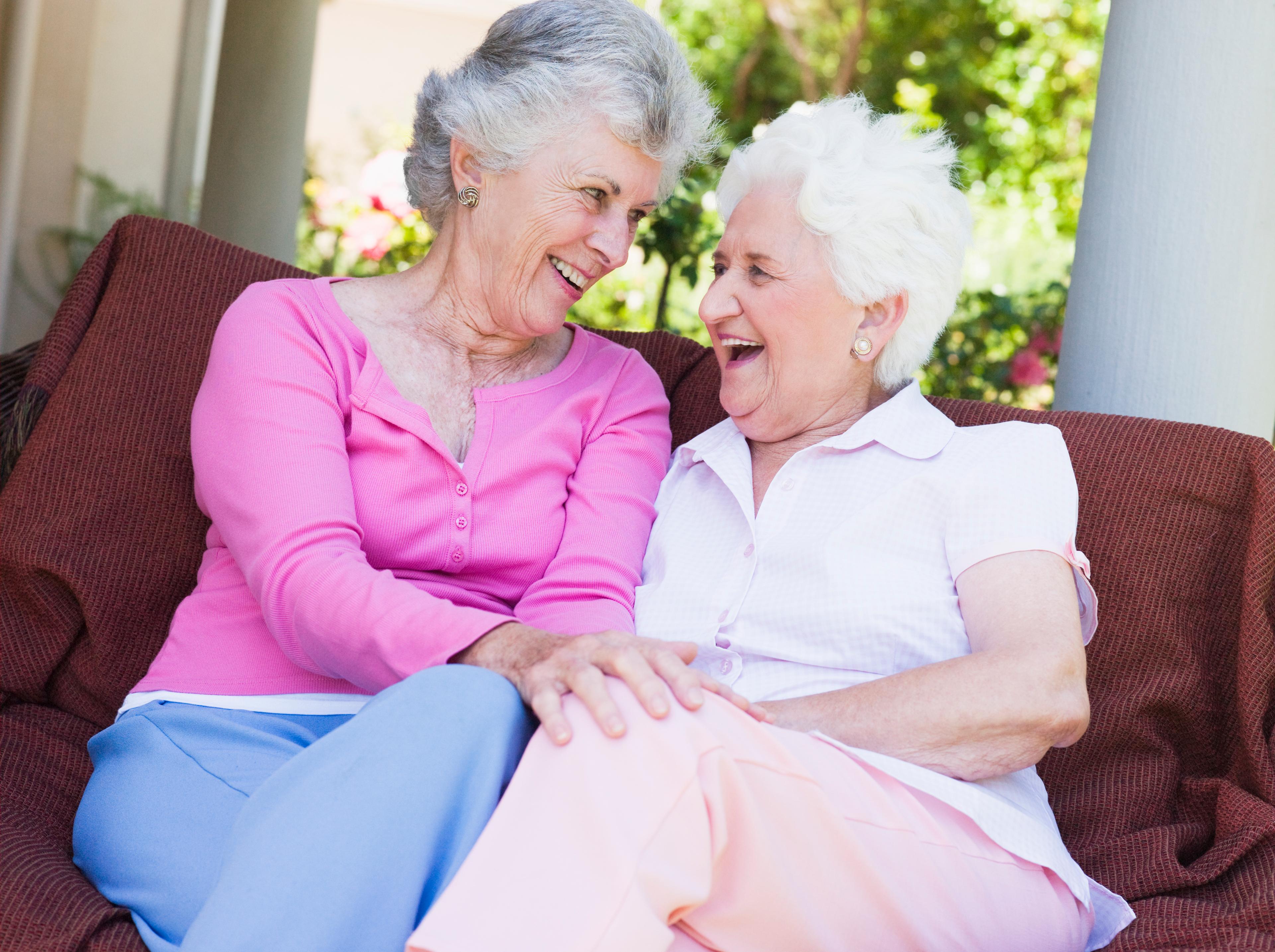The Power of Social Interaction in Preventing Cognitive Decline

We often think of spending quality time with others as being “good for the soul,” but did you know it’s actually good for the brain? Dr. Kellyann Niotis, preventive neurologist and Director of Parkinson’s and Lewy Body Dementia Prevention Research at IND, explains how loneliness and lack of connection can have harmful affects on brain health and increase risk of neurodegenerative disease.
The importance of social stimulation for brain health
Our brain needs fuel in the form of oxygen, glucose, and vitamins, which it receives from a steady flow of blood. However, our brains also need external mental stimulation to stay healthy and strong. Ways to stay mentally active include solving puzzles such as crosswords or sudoko, reading, or learning a new language or skill. However, while independent activities are certainly beneficial, our brain craves connection and engagement with others. Dr. Noitis explains that, “social interactions and having the sense of purpose and social meaning in your life is really one of the strongest forms of mental stimulation or cognitive stimulation that exists.”
The impact of loneliness on cognitive decline and neurodegenerative disease diagnoses
Research has demonstrated the detrimental impact of social isolation in older individuals. Deprivation of social interaction is a primary mental stressor that contributes to a heightened prevalence of neurological and neurodegenerative diseases. According to the Centers for Disease Control and Prevention, social isolation is associated with about a 50% increased risk of dementia in addition to a 29% increased risk of heart disease and a 32% increased risk of stroke.
Dr. Niotis adds, “we saw this a lot with the pandemic, a lot of newly diagnosed Parkinson's, a lot of newly diagnosed Alzheimer's disease, because of this inability for social interactions to really occur.” Loneliness is unfortunately commonplace for many as they become older and less mobile, retire from work, and lose loved ones in their lives. The COVID-19 pandemic markedly exacerbated this preexisting issue, unfortunately contributing to more diagnoses of neurodegenerative diseases.
Recommendations for healthy social engagement
One benefit that came out of the COVID-19 pandemic, was a rapid expansion in opportunities to connect with others virtually. Dr. Niotis shares that, “people can engage in online fitness classes and develop communities through that now, which is an amazing way to, of course, build your social connections, but also to get your cardiorespiratory fitness and strength training in. You can join online education groups now virtually, where you can meet other people who share interests with you and bond over that. The sky's really the limit!”
Other ways to stay socially connected face-to-face include joining a gym or community center, volunteering for a nonprofit organization, participating in local activities, attending classes at a community college or continuing education program, or joining an interest group. You can also golf, play pickle ball, go fishing, or participate in a book club. There are really many options if you search for them and take the jump to meet new people or reconnect with old friends.
For those that live alone, Dr. Niotis also encourages frequent check-ins with loved ones. She highlights the benefits of today’s technological advancements in communication:
"Before, you know, you had to dial someone's phone number in the house to talk to them and sit in front of a corded phone and stand there and, you know, have your conversation. Whereas now, we can text, we can call, we can FaceTime, we can see people across the world in our living room, and that is truly, truly amazing…And for people who live alone, I always recommend trying to check in every couple of days with a loved one. Whether that's family or a friend, just calling them on the phone. A simple, ‘Hello, how are you?’ really does go a long way."
To learn more about the impact of social isolation on brain health, watch our conversation with Dr. Kellyann Niotis in the video above.
By Alicia J. Barber, PhD
Disclaimer
The Video and Written Educational Content included on this site is not intended to be a substitute for professional medical advice, diagnosis, or treatment. Always seek the advice of your physician or other qualified health provider with any questions you may have regarding a medical condition. Never disregard professional medical advice or delay in seeking it because of something you have read or seen on the Site.
The information contained in the Educational Content posted represents the views and opinions of the individual in the recording and does not necessarily represent the views or opinions of IND. The mere appearance of Educational Content on the Site does not constitute an endorsement by IND or its affiliates of such Content.
The Educational Content has been made available for informational and educational purposes only. IND does not make any representation or warranties with respect to the accuracy, applicability, fitness, or completeness of the Content. IND does not warrant the performance, effectiveness or applicability of any sites listed or linked to in any Content. IND hereby disclaims any and all liability to any party for any direct, indirect, implied, punitive, special, incidental or other consequential damages arising directly or indirectly from any use of the Content, which is provided as is, and without warranties.